Manchester Grammar School
History
The Manchester Grammar School (MGS) is a prominent independent day school for boys in Manchester, England. Founded in 1515 by Hugh Oldham, the Bishop of Exeter, it has a rich history that spans over five centuries. The school was originally located in Manchester city centre but was relocated to its current site in Fallowfield in 1931.
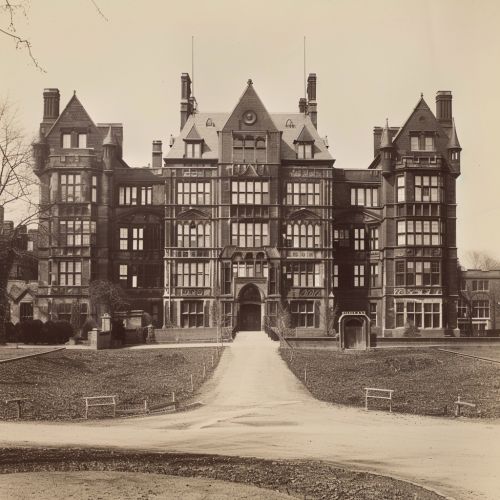
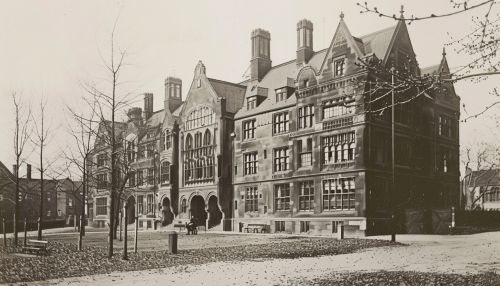
The school was founded with the aim of providing free education to the poor boys of Manchester, a principle that has been maintained throughout its history. In the 19th century, under the headmastership of Jeremiah Smith, the school underwent significant changes, including the introduction of modern subjects into the curriculum and the expansion of the school buildings.
In the 20th century, the school continued to evolve, becoming a direct grant grammar school in 1944 and an independent school in 1976. Today, the school is known for its strong academic performance and commitment to social mobility, offering a significant number of bursaries and scholarships to students from low-income backgrounds.
Governance and administration
The governance of the Manchester Grammar School is overseen by a Board of Governors, which includes representatives from various sectors, including education, business, and the local community. The day-to-day administration of the school is handled by the High Master, who is supported by a team of senior staff members.
The current High Master is Dr. Martin Boulton, who took up the post in 2014. He is the 32nd High Master of the school and has overseen a number of initiatives aimed at maintaining the school's academic excellence and enhancing its commitment to social mobility.
Academics
The academic program at the Manchester Grammar School is rigorous and challenging, designed to prepare students for university studies and beyond. The school offers a broad curriculum, with a strong emphasis on the core subjects of English, Mathematics, and the Sciences.
In the lower school (Years 7-9), students study a range of subjects, including English, Mathematics, Sciences, History, Geography, Modern Foreign Languages, and the Arts. In the middle school (Years 10-11), students prepare for the General Certificate of Secondary Education (GCSE) exams, with a choice of subjects that includes Latin, Classical Civilisation, and Computer Science, in addition to the core subjects.
In the sixth form (Years 12-13), students study for the A-Level exams, with a wide range of subjects on offer, including Further Mathematics, Economics, Politics, and Philosophy. The school has a strong record of academic achievement, with a high proportion of students achieving top grades in their exams and going on to study at top universities in the UK and abroad.
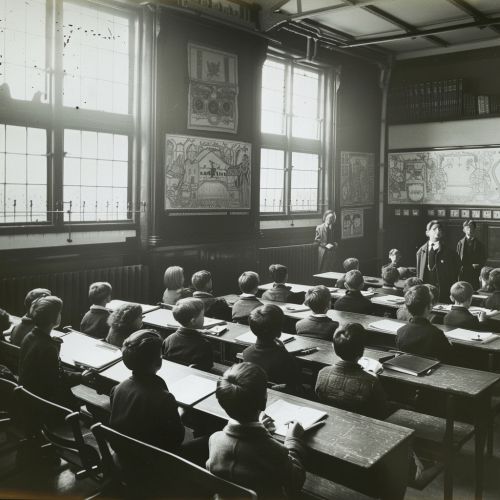
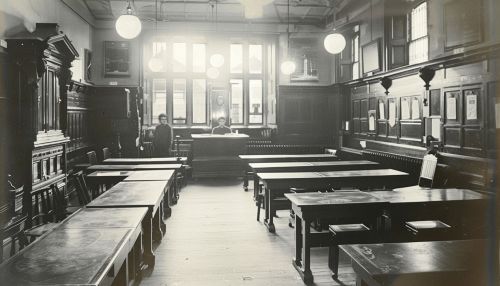
Extracurricular activities
The Manchester Grammar School offers a wide range of extracurricular activities, designed to enrich the students' educational experience and develop their skills and interests outside the classroom. These include sports, music, drama, debating, and various clubs and societies.
The school has a strong tradition in sports, with facilities for cricket, rugby, football, athletics, and other sports. The school teams compete in local, regional, and national competitions, and many students have gone on to represent their country in various sports.
Music and drama are also important parts of school life, with numerous concerts, plays, and musicals staged throughout the year. The school has several choirs, orchestras, and bands, and offers tuition in a range of musical instruments.
The school also has a wide range of clubs and societies, covering interests such as chess, robotics, astronomy, and philosophy. These provide opportunities for students to pursue their interests, develop new skills, and interact with like-minded peers.
Admissions
Admission to the Manchester Grammar School is highly competitive, with many more applicants than places available. The admissions process includes an entrance examination, an interview, and a review of the applicant's school reports. The school offers a number of bursaries and scholarships, aimed at ensuring that financial considerations do not prevent talented students from attending the school.
Facilities
The Manchester Grammar School is located on a large campus in Fallowfield, Manchester. The campus includes a number of historic buildings, as well as modern facilities designed to support the school's academic and extracurricular programs.
The school's facilities include a large library, state-of-the-art science laboratories, a music centre, a drama studio, and extensive sports facilities. The school also has a dedicated Sixth Form Centre, providing a space for sixth form students to study and socialise.
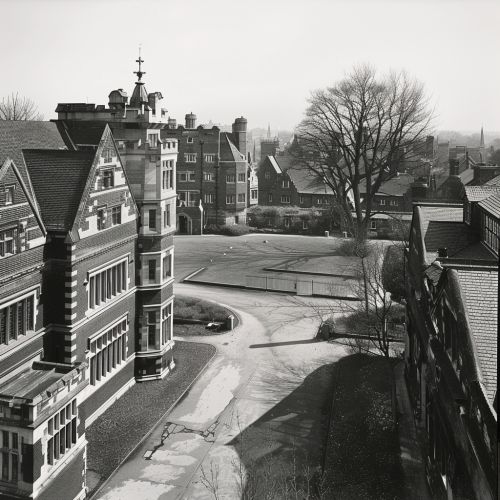
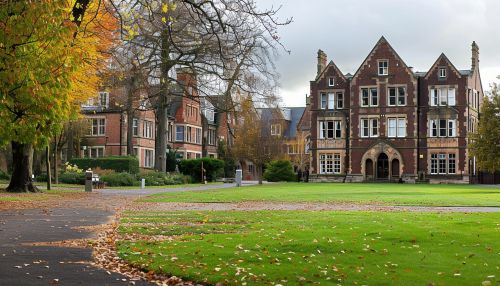
Notable alumni
The Manchester Grammar School has a long list of notable alumni, known as Old Mancunians, who have achieved success in various fields. These include Nobel laureates, politicians, academics, writers, actors, and sportsmen. Some of the most notable Old Mancunians include the Nobel laureate Sir John Cockcroft, the historian A.J.P. Taylor, the actor Ben Kingsley, and the footballer Marcus Rashford.
See Also
- List of schools in Manchester
- History of education in England
- Independent schools in the United Kingdom
